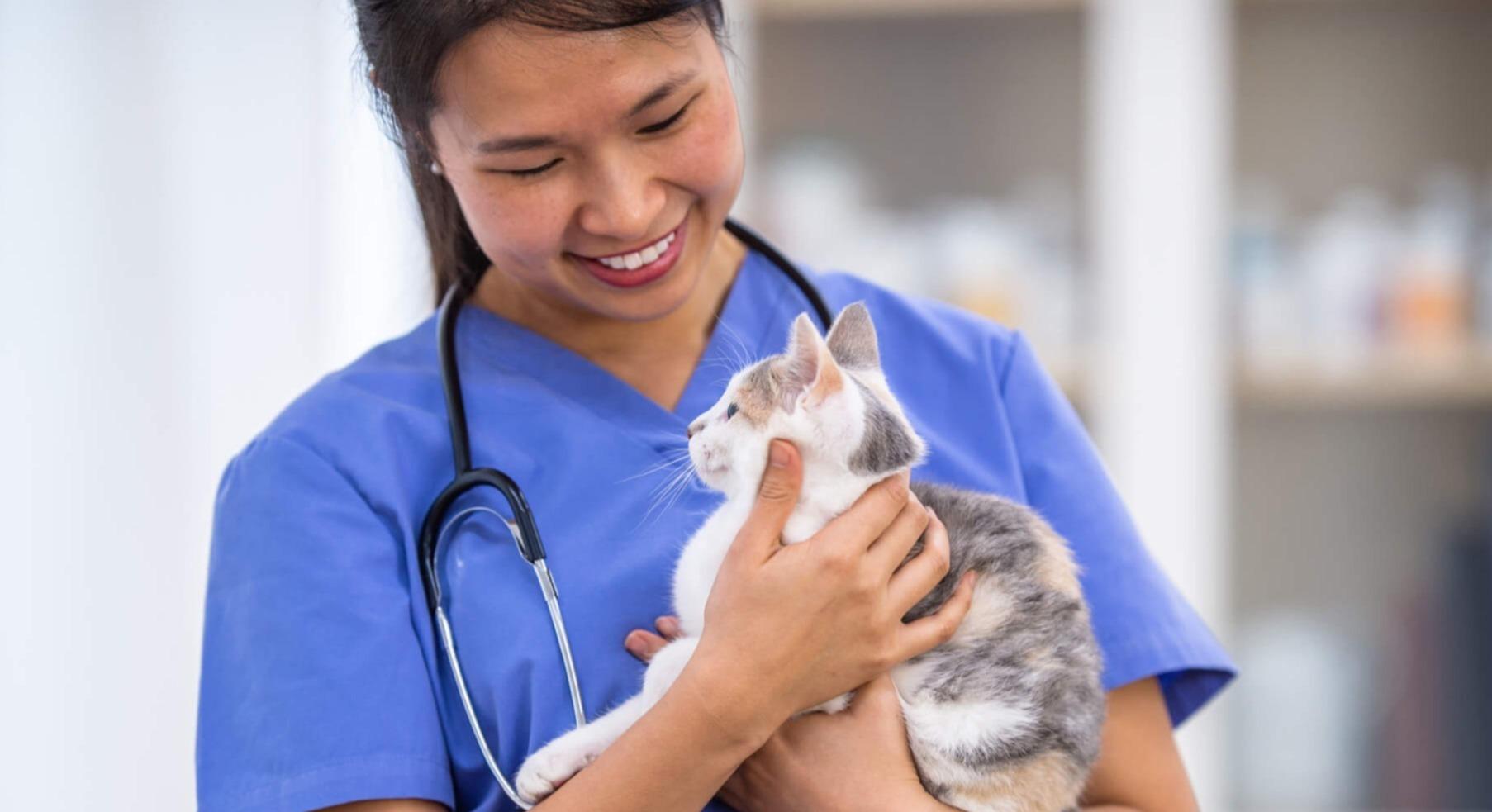Understanding Pancreatitis
Pancreatitis is an inflammatory condition that affects the pancreas, a vital organ responsible for producing digestive enzymes and hormones that regulate blood sugar levels. In cats, the pancreas is a small, V-shaped organ located near the stomach and small intestine.
When the pancreas becomes inflamed, the digestive enzymes it produces can leak into the surrounding tissues, causing damage and pain. This can lead to a range of symptoms, from mild discomfort to severe illness.
Causes of Pancreatitis in Cats
The exact causes of pancreatitis in cats are not fully understood, but several factors are thought to contribute to its development. These include:
Trauma: Physical injury to the abdomen can trigger inflammation in the pancreas.
Dietary indiscretion: Eating fatty foods or garbage can overwhelm the pancreas and lead to pathological changes and inflammation.
Medications: Certain medications, including glucocorticoids and some antibiotics, have been implicated as a potential trigger for pancreatitis in cats.
Infections: Bacterial or viral infections can sometimes spread to the pancreas and cause inflammation.
Underlying diseases: Certain medical conditions, such as inflammatory bowel disease (IBD) or diabetes, can increase the risk of pancreatitis.
Recognizing the Symptoms
Pancreatitis can manifest in a variety of ways, and the severity of your cat's symptoms often reflects the intensity of the inflammation. While some cats might exhibit subtle signs like a lack of energy or a disinterest in food, others may experience a cascade of more alarming issues.
In severe cases, cats commonly grapple with anorexia (87%), lethargy (81%), dehydration (54%), weight loss (47%), hypothermia (46%), vomiting (46%), icterus (37%), and fever (19%)2. Additionally, roughly 50% affected cats experience vomiting or weight loss, and some may also develop diarrhea2.
It's important to note that while abdominal pain is a hallmark of pancreatitis in humans and dogs, it's less frequently observed in cats, possibly due to their tendency to mask discomfort. However, it is still reported in 10-30% of feline cases1.
Milder forms of pancreatitis might present with vague symptoms like anorexia, lethargy, or diarrhea.
If you observe any of these symptoms in your cat, seek veterinary attention promptly. Early diagnosis and treatment are key to ensuring a positive outcome for your feline companion.
Diagnosing Pancreatitis
Diagnosing pancreatitis in cats can be challenging, as the symptoms can mimic those of other diseases. Your veterinarian will likely perform a thorough physical examination, blood tests, and imaging studies (such as X-rays or ultrasound) to assess your cat's condition and rule out other possible causes.
A specific blood test called the feline pancreatic lipase immunoreactivity (fPLI) test can be helpful in diagnosing pancreatitis. This test measures the levels of a specific enzyme (lipase) that is released from the inflamed pancreas.
In some cases, a biopsy of the pancreas may be necessary to confirm the diagnosis. However, this is an invasive procedure and is usually only performed if other diagnostic tests are inconclusive.
Treatment and Management
The treatment for pancreatitis in cats focuses on managing the symptoms and supporting the cat's overall health. This may include:
Hospitalization: Cats with severe pancreatitis often require hospitalization for intensive care, including intravenous fluids, pain management, and nutritional support.
Fluid therapy: Dehydration is a common complication of pancreatitis, so fluid therapy is essential to restore and maintain proper hydration.
Pain management: Pancreatitis can be painful, so your veterinarian will likely prescribe pain medications to keep your cat comfortable.
Nutritional support: Cats with pancreatitis may need to be fed a special diet or receive nutritional support through a feeding tube if they are unable to eat on their own.
Antibiotics: If an infection is suspected, antibiotics may be prescribed.
Other medications: Depending on the severity of the pancreatitis and any underlying conditions, your veterinarian may prescribe other medications, such as anti-nausea drugs or medications to protect the stomach lining.
Can a Cat Recover from Pancreatitis?
The prognosis for cats with pancreatitis varies depending on the severity of the inflammation and any underlying health conditions. Cats with mild to moderate pancreatitis often recover fully with prompt treatment. However, repeated episodes of pancreatitis are possible, especially if the underlying cause is not addressed.
In severe cases, pancreatitis can be life-threatening. Cats with severe pancreatitis may experience complications such as organ failure or sepsis (a widespread infection). The prognosis in these cases is guarded, and intensive care is often required.
Quality of Life for Cats with Pancreatitis
With proper treatment and management, most cats with pancreatitis can lead a good quality of life. Most cats with acute pancreatitis recover without any long-term consequences.
Cats with chronic pancreatitis may require ongoing treatment and dietary management to prevent flare-ups and maintain their health. However, with careful attention to their needs, these cats can still enjoy a happy and fulfilling life.
If your cat has been diagnosed with pancreatitis, it is important to work closely with your veterinarian to develop a treatment plan and monitor their progress. With proper care and support, most cats with pancreatitis can recover and go on to live healthy lives.
About the Author
Dr. Jennifer Sperry, a licensed vet and Medical Director at Independence Pet Group, is dedicated to educating pet parents about the importance of pet health and financial preparedness, bringing pet health information to a broad audience.

With 10 years of experience as a pet parent, I aim to empower pet owners with insights into pet insurance and maintaining their pet's well-being. I aspire to be a trusted source, combining knowledge with a commitment to the welfare of our beloved pets.

Dr. Jennifer Sperry, a licensed vet and Medical Director at Independence Pet Group, is dedicated to educating pet parents about the importance of pet health and financial preparedness, bringing pet health information to a broad audience. You can learn more about Dr. Sperry on her LinkedIn.
Pancreatitis. (n.d.). In Cornell University College of Veterinary Medicine. Retrieved September 16, 2024, from https://www.vet.cornell.edu/departments-centers-and-institutes/cornell-feline-health-center/health-information/feline-health-topics/pancreatitis
Pancreatitis in Dogs and Cats - Pancreatitis in Dogs and Cats. (n.d.). In Merck Veterinary Manual. Retrieved September 16, 2024, from https://www.merckvetmanual.com/digestive-system/the-exocrine-pancreas/pancreatitis-in-dogs-and-cats












